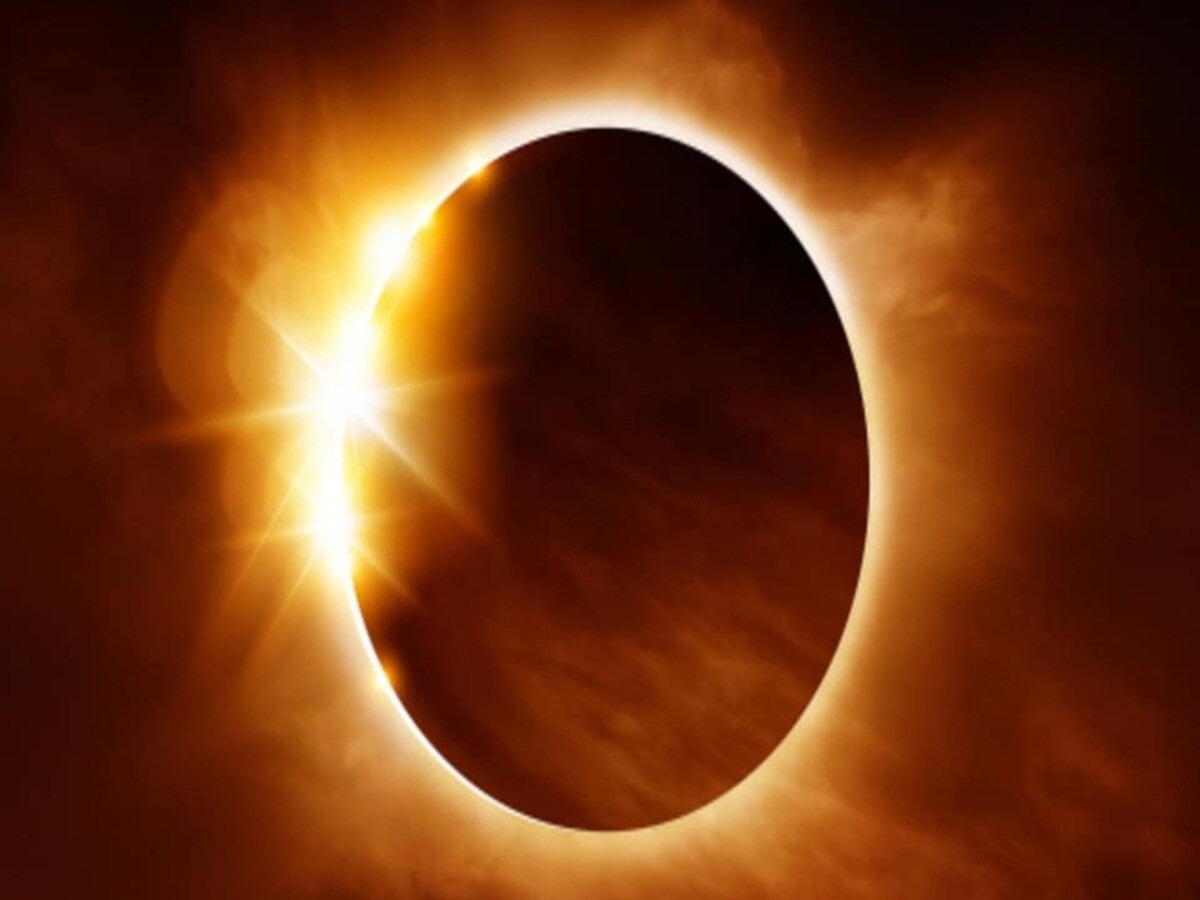
The first solar eclipse of the year 2024 has already taken place on 8 April. The second solar eclipse of the year is going to take place on 2 October. On one hand, the solar eclipse is special for the scientific world, and on the other hand, it is also going to have an impact on various zodiac signs for the astrological world. This time the eclipse is taking place in Pitru Paksha. This year the second eclipse will take place in October on Sarva Pitru Amavasya. Sarva Pitru Amavasya means the last day of Pitru Paksha, on which the Shradh of forgotten ancestors is performed. If you have doubts about performing the Shradh of Amavasya, then let us tell you that on this day the Pitru Tarpan of Amavasya will take place on time, because the Sutak period of the solar eclipse occurring at this time will not be valid. After all, this eclipse will not be visible in India. Therefore, the Sutak period of this eclipse will not be valid. The doors of temples will also not be closed on this day. Overall, there is no effect of this eclipse in India, because it is not visible in India.
Solar Eclipse time
If we talk about the time according to the Indian date, then the eclipse will start at 9:13 pm and end at 3:17 am. That is, the total duration of the solar eclipse will be 6 hours and 4 minutes. Let us tell you that the second solar eclipse of this year will be annular, that is, a view like a ring of fire will be seen in the sky. But this eclipse will occur at night in India, due to which this eclipse will not be visible in India. This year's eclipse will be visible in Chile Pacific Ocean, Argentina. This eclipse is being named Ring of Fire and about 175000 lakh people will be able to see it.
What is a Solar Eclipse
The earth revolves around the sun and the moon revolves around the earth. Sometimes the moon comes between the sun and the earth. Then it blocks some or all of the sun's light, which casts a shadow on the earth. This phenomenon is called a solar eclipse. Let us tell you that solar eclipses always occur on the new moon day and lunar eclipses always occur on the full moon day.
--Advertisement--

 Priya
Priya Share
Share



